UW Professor of Biostatistics Ross Prentice is among the team of Fred Hutch researchers that identified several women's health benefits from a low-fat diet. The findings found a low-fat diet commensurate with an increase in fruit, vegetable and grain servings reduced death following breast cancer, slowed diabetes progression and prevented coronary heart disease.
In the News
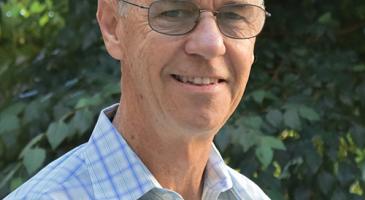
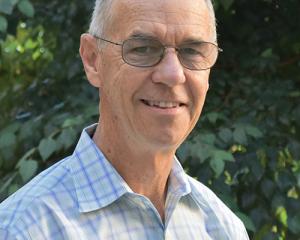
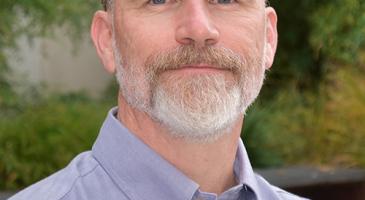
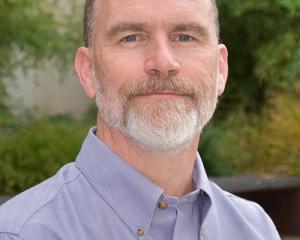
Five new faculty and two students who were named to the Population Health Initiative Executive Council by President Ana Mari Cauce includes Biostatistics Department Chair Patrick Heagerty.
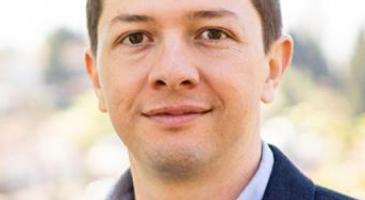
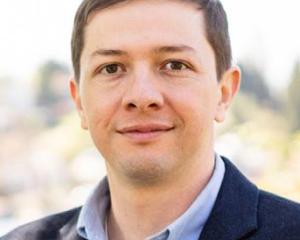
Mauricio Sadinle, an assistant professor of biostatistics from the University of Washington School of Public Health, received a two-year, $150,000 grant from the National Science Foundation to develop tools to identify and link information on individuals who appear in different datasets.


UW Biostatistics faculty members Lianne Sheppard and Adam Szpiro are co-authors of this recent study linking air pollution to the progression of emphysema.
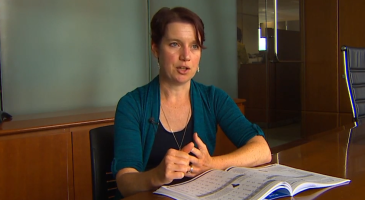
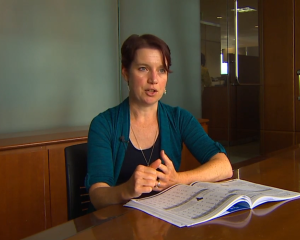
Sarah Nelson, a researcher with the Department of Biostatistics and Genetic Analysis Center at the University of Washington is interviewed explaining how DNA and ancestry test services analyze and use your data.
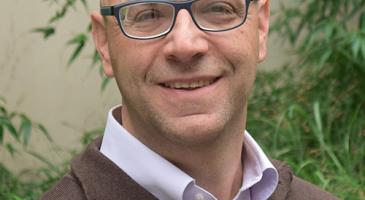
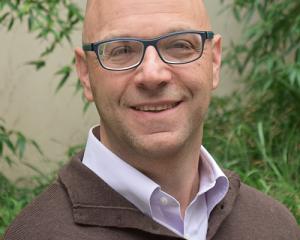
Biostat Associate Professor Adam Szpiro is co-author of a new study that found that pregnant women exposed to higher levels of air pollutants had children with lower IQs, compared to the children of women exposed to lower levels.


The article quotes UW Research Professor Sharon Browning: “The reality of human history is pretty complex,” she says. “If you simplify too much and don’t capture the right aspects of what really happened then you’re going to be comparing different models, all of which are wrong.”
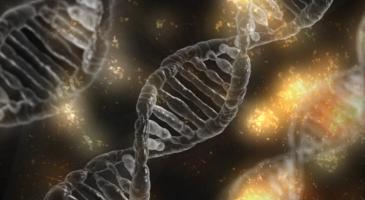
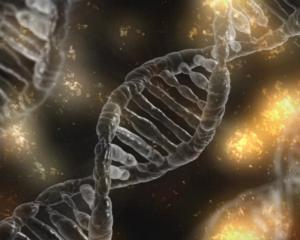
“It’s the proverbial ‘wild West’ of genetic interpretation,” said Sarah Nelson, a University of Washington research scientist in the Department of Biostatistics who recently completed her doctorate in the School of Public Health. Nelson is the lead author of a paper recently published in The American Journal of Human Genetics.